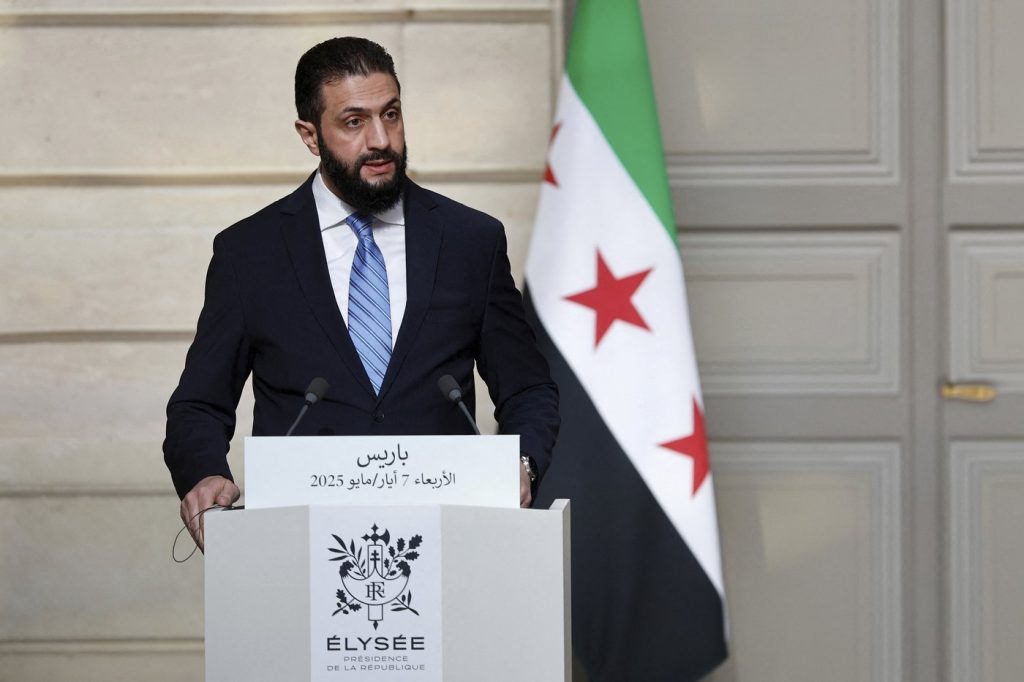DAMASCUS, Syria (AP) – Syrian President Ahmad al-Sharaa will not attend the upcoming Arab League summit in Iraq. Instead, the delegation representing Syria will be led by the foreign minister, according to a statement released by the president's office on Tuesday. The specific reasons behind al-Sharaa's absence from the summit, scheduled to take place in Baghdad on Saturday, have not been disclosed.
The invitation extended by the Iraqi government last month has sparked significant political divisions within Iraq, reflecting the complex geopolitical landscape of the region. For al-Sharaa and his interim government, participating in the Arab Summit would have served as a crucial symbolic diplomatic victory, especially as he navigates various challenges amid ongoing tensions.
Since assuming power after a swift rebellion ousted his predecessor, Bashar Assad, in December, al-Sharaa has been actively working to establish ties with nations across the Middle East. His administration faces immense pressure to overcome skepticism regarding his historical connections to al-Qaida as part of efforts to persuade Washington to alleviate harsh economic sanctions that plague the country.
The delicate nature of al-Sharaa's position is underscored by the lingering distrust he faces, particularly from Shiite groups in Iraq, due to his past as a Sunni Islamist militant. Following the U.S.-led invasion of Iraq in 2003, al-Sharaa, who was previously known by the nom de guerre Abu Mohammed al-Golani, aligned himself with al-Qaida insurgents, engaging in hostile actions against U.S. forces and still confronting a warrant for his arrest on terrorism charges in Iraq.
The Syrian civil conflict, which ignited in March 2011, has further complicated al-Sharaa's standing, as numerous Iraqi Shiite militias have fought in solidarity with Assad's regime. This history renders al-Sharaa an especially contentious figure among these groups as he endeavors to assert state authority amidst a fractured political landscape.
As al-Sharaa strives to portray himself as a unifying statesman dedicated to rebuilding Syria post-civil war, his endeavors to win over regional partners remain fraught with challenges. The absence from the Arab League summit not only signifies a missed opportunity for diplomacy but also reflects the complex interplay of historical grievances and current geopolitical dynamics influencing his leadership.
Ghaith Alsayed, The Associated Press











